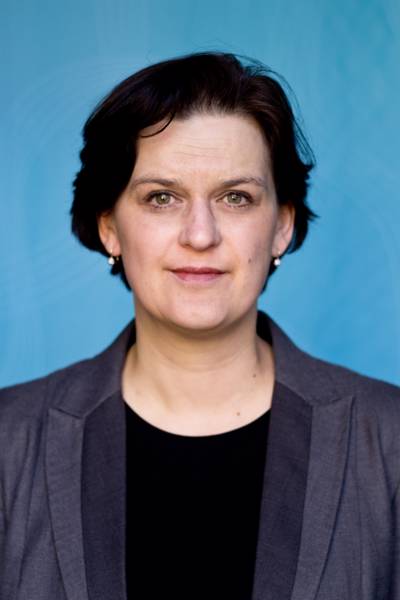This overview of sexual violence in war from World War II until the present comprises four main chapters focusing on what we know about occurrences of war rape up until 1990; the turning points during the 1990s; the first generation of systematic documentation of sexual violence in war 1990-1998; and, finally, the new momentum and new challenges since 2000. Each chapter is followed by a summary of the main points.
The final chapter should be read as a state-of-the-art document outlining new areas of concern for both research and policy development. The report is accompanied by a policy brief prepared by Suk Chun and Inger Skjelsbæk (2010) presenting the main policy-relevant points and should thus serve as a reference for busy policy-makers and others who might have some time to spare while on a plane, or a train, on their way to important meetings, and who would like to understand more about the complexity of crimes of sexual violence in war.
The report has been written with the generous help of many colleagues and research assistants. In alphabetical order, I extend my thanks to Kaja Borchgrevink, Suk Chun, Ane Sydnes Egeland, Helga Hernes, Torunn Tryggestad and Hilde Wallacher. The increasing interest and enthusiasm of all my colleagues at PRIO gave me the inspiration to carry out this work on the gender dimensions of conflict despite its grim theme. The excellent cooperation of, and communication with, several people at the Norwegian Ministry of Foreign Affairs (MFA) should also be mentioned. In particular, Guro Vikør and Fredrik Arthur helped me understand how the MFA thinks and deals with the issue of sexual violence, and what knowledge gaps need to be filled. In addition, I thank those at the Peace and Reconciliation unit of the MFA for generous funding and for their patience in waiting for this report.
Sexual violence in war is being theorized and conceptualized more than ever before and, as I argue in the report, the taboo against speaking about it seems to have been lifted. Now, there are more and more arenas for talking about, discussing and trying to understand this form of violence. My hope is that this wealth of studies and knowledge will benefit those who deserve and need our support, i.e. the courageous survivors who dare to speak not only for themselves but also on behalf of those who remain silent.






